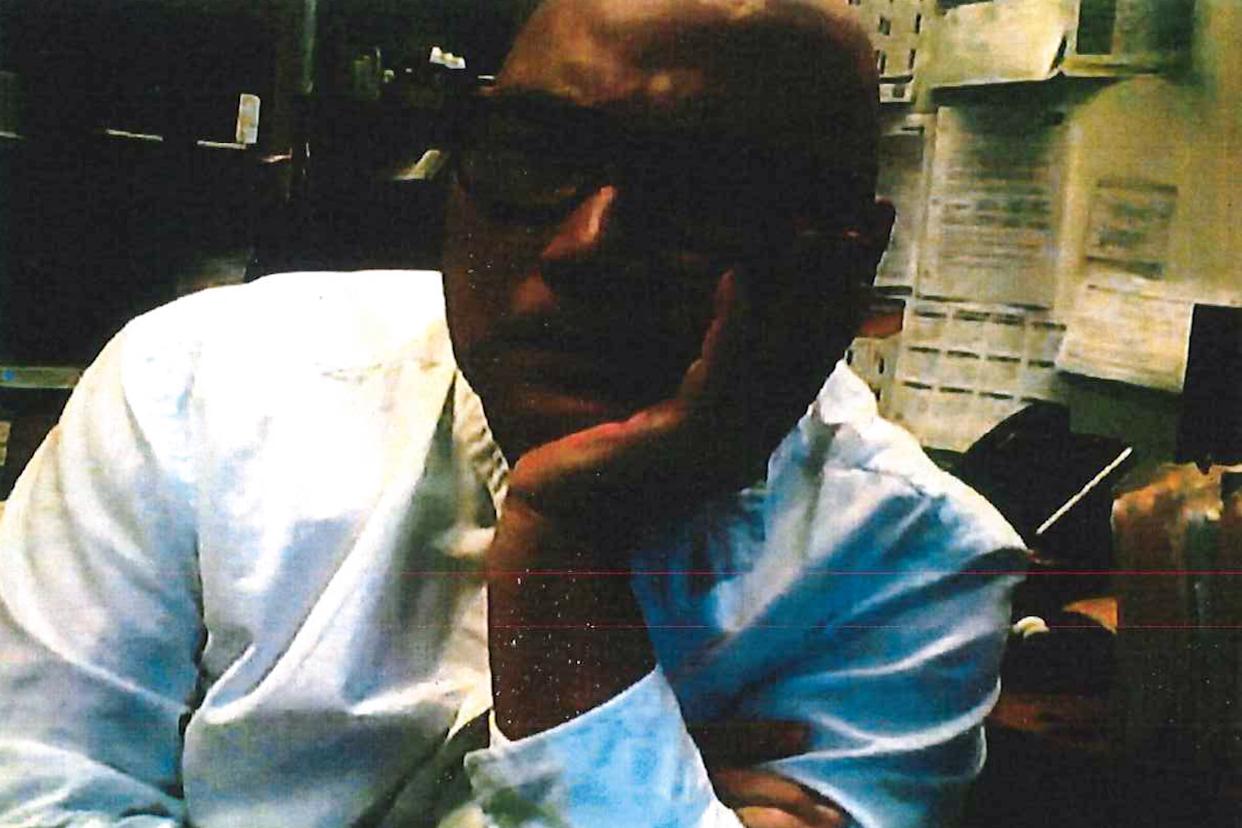Ex-CIA officer accused of spying for China pleads guilty in a Honolulu courtroom

HONOLULU (AP) — A former CIA officer and contract linguist for the FBI accused of spying for China for at least a decade pleaded guilty Friday in a federal courtroom in Honolulu.
Alexander Yuk Ching Ma, 72, has been in custody since his arrest in August 2020. The U.S. Justice Department said in a court filing it amassed “a war chest of damning evidence” against him, including an hourlong video of Ma and an older relative — also a former CIA officer — providing classified information to intelligence officers with China’s Ministry of State Security in 2001.
The video shows Ma counting the $50,000 received from the Chinese agents for his service, prosecutors said.
During a sting operation, he accepted thousands of dollars in cash in exchange for past espionage activities, and he told an undercover FBI agent posing as a Chinese intelligence officer that he wanted to see the “motherland” succeed, prosecutors said.
The secrets he was accused of providing included information about CIA sources and assets, international operations, secure communication practices and operational tradecraft, charging documents said.
As part of an agreement with prosecutors, Ma pleaded guilty Friday to a count of conspiracy to gather or deliver national defense information to a foreign government. The deal calls for a 10-year sentence, but a judge will have the final say at Ma's sentencing scheduled for Sept. 11. Without the deal, he faced life in prison.
Ma was born in Hong Kong, moved to Honolulu in 1968 and became a U.S. citizen in 1975. He joined the CIA in 1982, was assigned overseas the following year, and resigned in 1989. He held a top secret security clearance, according to court documents.
Ma lived and worked in Shanghai, China, before returning to Hawaii in 2001. He was hired as a contract linguist in the FBI's Honolulu field office in 2004, and prosecutors say that over the following six years, he regularly copied, photographed and stole classified documents. He often took them on trips to China, returning with thousands of dollars in cash and expensive gifts, such as a new set of golf clubs, prosecutors said.
In court Friday, Assistant U.S. Attorney Ken Sorenson revealed that Ma's hiring as a part-time contract linguist was a “ruse” to monitor his contact with Chinese intelligence officers.
The FBI had been aware of Ma's ties with the intelligence officers and “made the determination to notionally hire the defendant to work at an FBI off-site location in Honolulu,” the plea agreement said.
In 2006, while Ma was living in Hawaii, Chinese intelligence officers sent him photos of people they were interested in, Sorenson said, and Ma contacted the co-conspirator relative and convinced him to reveal at least two of the identities.
Ma, in pleading guilty, said everything Sorenson described is true. Ma said he had signed non-disclosure agreements that he knew would be in effect even after leaving the CIA and that he knew the information he was providing to the Chinese intelligence officials could harm the United States or help a foreign nation.
In 2021, Ma's former defense attorney told a judge Ma believed he was suffering from the early stages of Alzheimer’s disease and was having trouble remembering things.
A defense motion noted that Ma’s older brother developed Alzheimer’s 10 years prior and was completely disabled by the disease. The brother is referred to as the co-conspirator in the indictment against Ma, but prosecutors didn’t charge him because of his incompetency due to Alzheimer’s, the motion said.
The co-conspirator is now dead, Sorenson said in court Friday.
Last year a judge found Ma competent and to not be suffering from a major mental disease, disorder or defect.
Ma's plea agreement with prosecutors also says he will “provide more detailed facts relating to this case during debriefings with Government representatives,” and submit to polygraph examinations.
“The defendant understands and agrees that his cooperation obligation represents a lifetime commitment by the defendant to the United States to cooperate as described in this agreement,” the court document said.

